Video articles
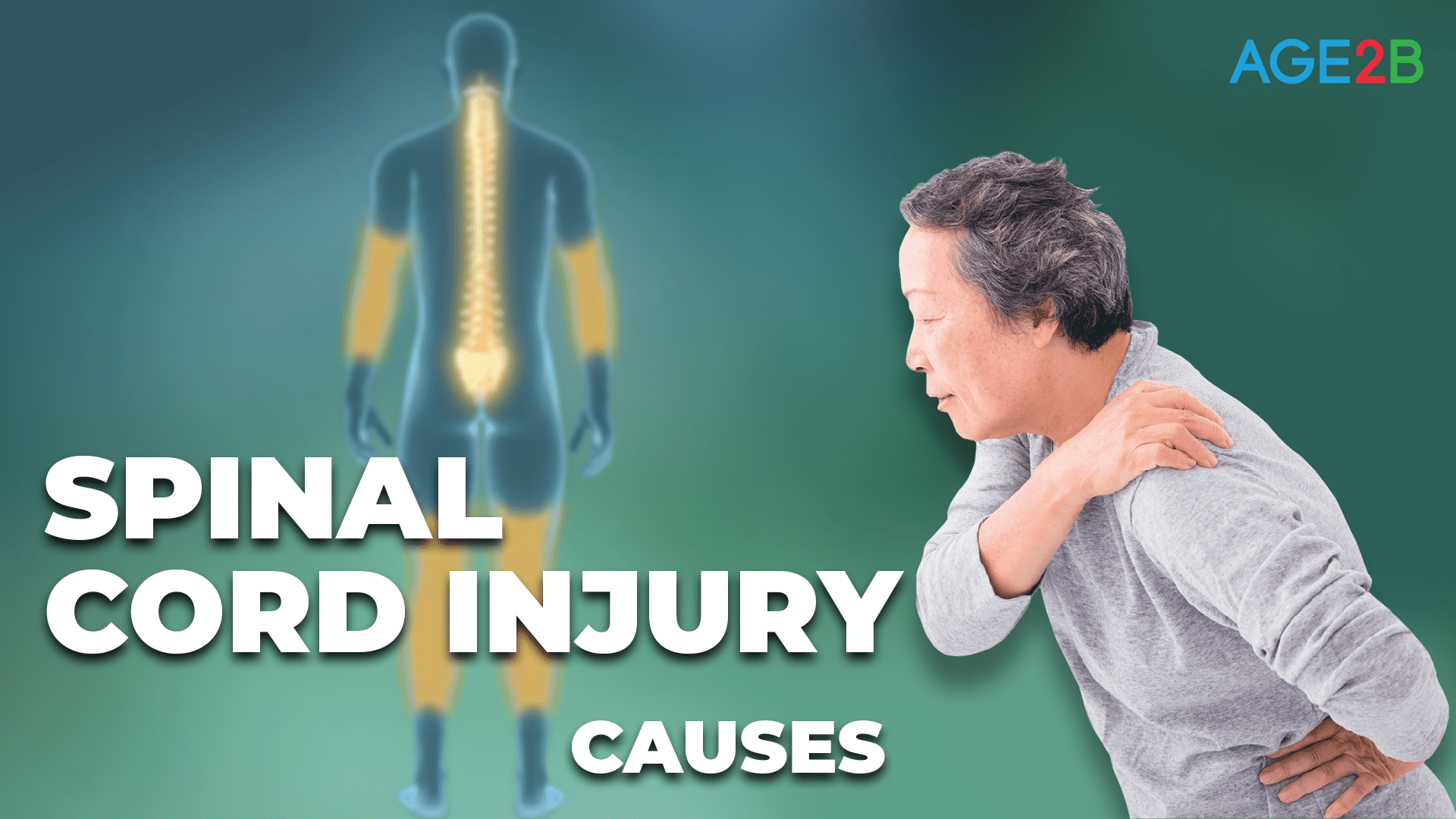

January 28, 2022











0











0
Spinal Cord Injuries | Causes
By AGE2B team
Road trauma and falls from a height are common causes of spinal cord injuries. More than half of all spinal cord injuries occur because of motor vehicle accidents. In most cases, the mechanism of spinal cord injury caused by physical trauma is compression of the spinal cord by fragments of fractured vertebrae. Disc problems, such […]
Read more
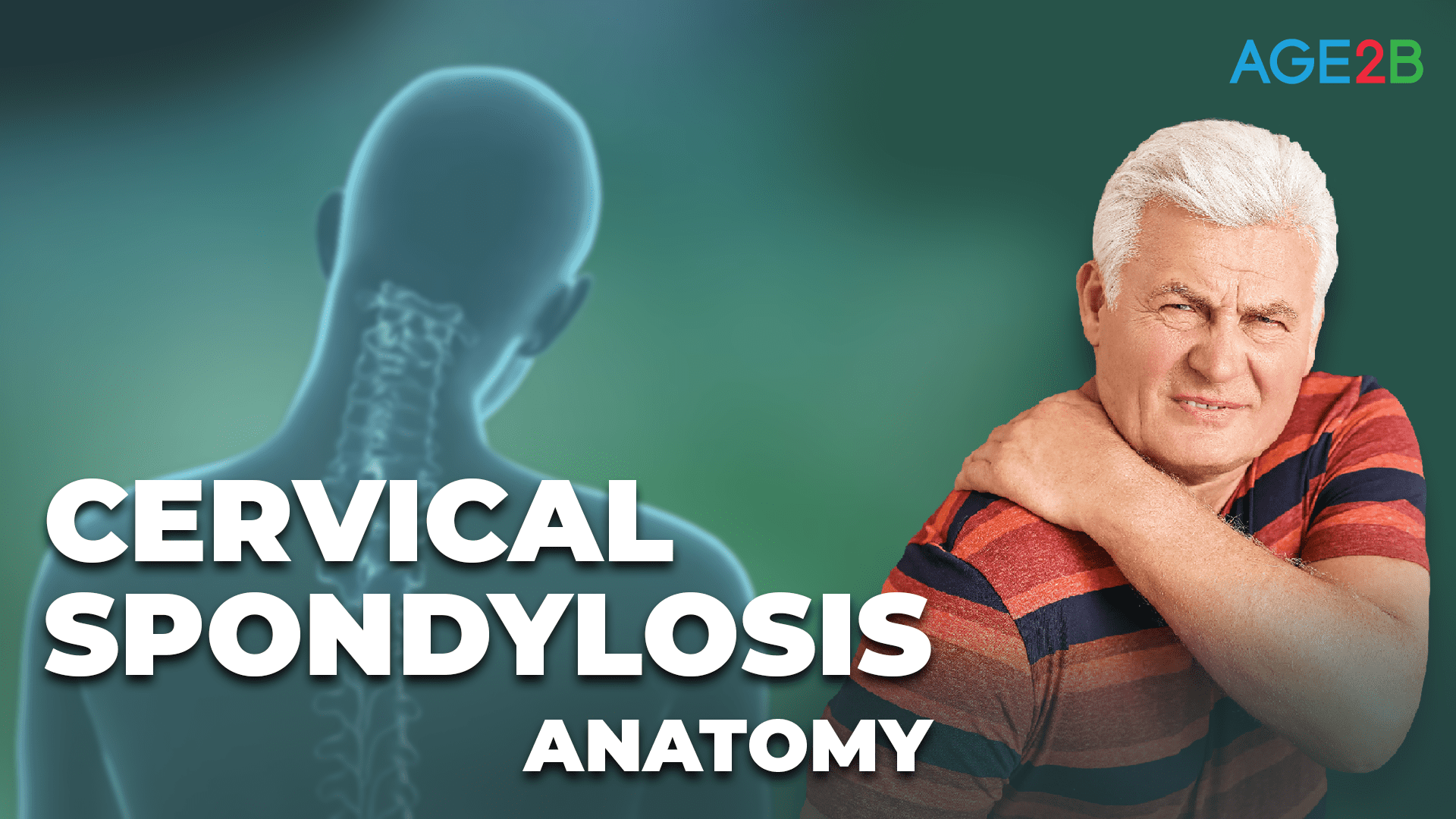

January 24, 2022











0











0
Cervical Spondylosis | Anatomy
By AGE2B team
Cervical spondylosis is a degenerative condition of the cervical region of the spine. This pathological condition can include facet joint osteoarthritis, bone spurs, or disc herniation. Cervical spondylosis causes narrowing of the vertebral artery canal and spinal canal, which compresses vessels and nerves structures. These changes can cause neurological symptoms. 90 % of the world’s […]
Read more
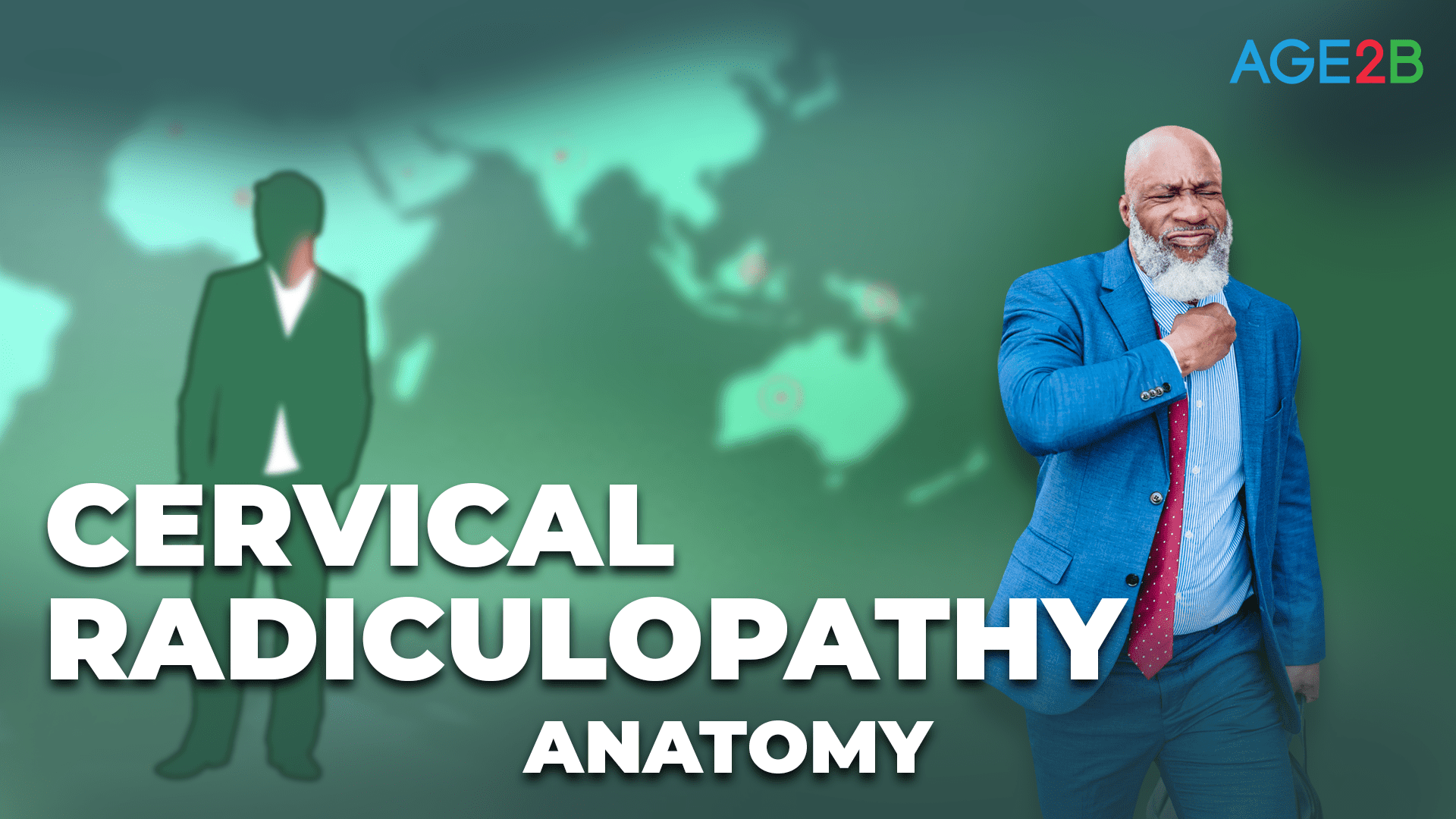

January 28, 2022











1











0
Cervical Radiculopathy | Anatomy
By AGE2B team
Cervical radiculopathy is a condition that occurs when an intervertebral nerve root in the cervical region of the spine is compressed or pinched. Radiculopathy can affect all cervical nerve roots, but most often this pathological process involves C6 and C7 nerves. Cervical radiculopathy is less prevalent than other types of radiculopathies and occurs in 83 […]
Read more
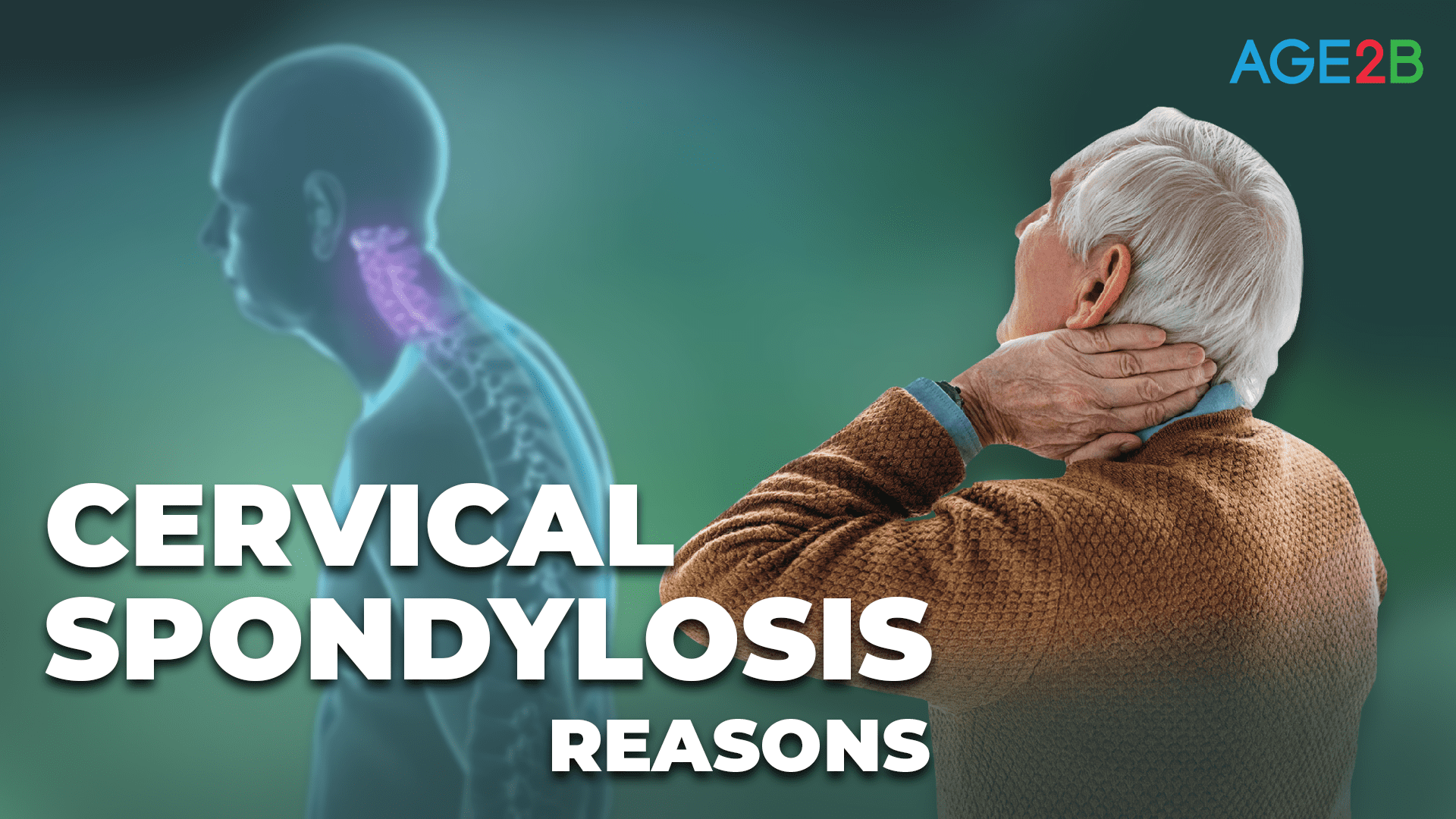

January 24, 2022











0











0
Cervical Spondylosis | Reasons
By AGE2B team
In most cases, cervical spondylosis occurs as a result of degenerative changes in the spine during aging. Intervertebral discs become dry and thin around the time you turn 40. Disc degeneration can cause herniation – one of the signs of cervical spondylosis. Aging in the cervical region of the spine also can lead to signs […]
Read more
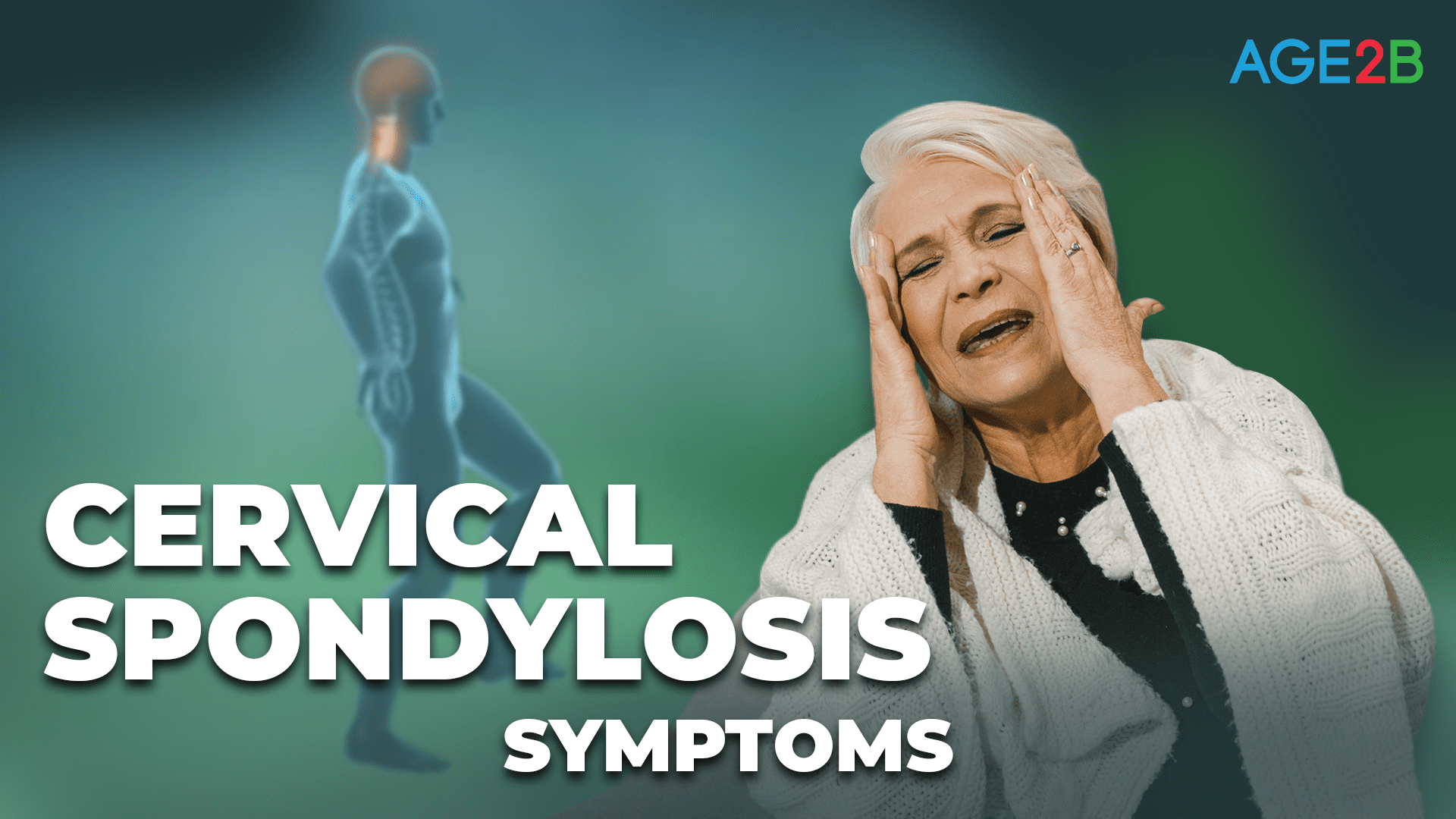

January 24, 2022











0











0
Cervical Spondylosis | Symptoms
By AGE2B team
The first and main symptom of cervical spondylosis is pain in the neck portion of the spine. It occurs due to compression of the spinal cord and nerve roots from disc herniation, bone spurs, or thickened ligaments. In most cases, the pain of cervical spondylosis increases with movement. The reason for this phenomenon is compression […]
Read more
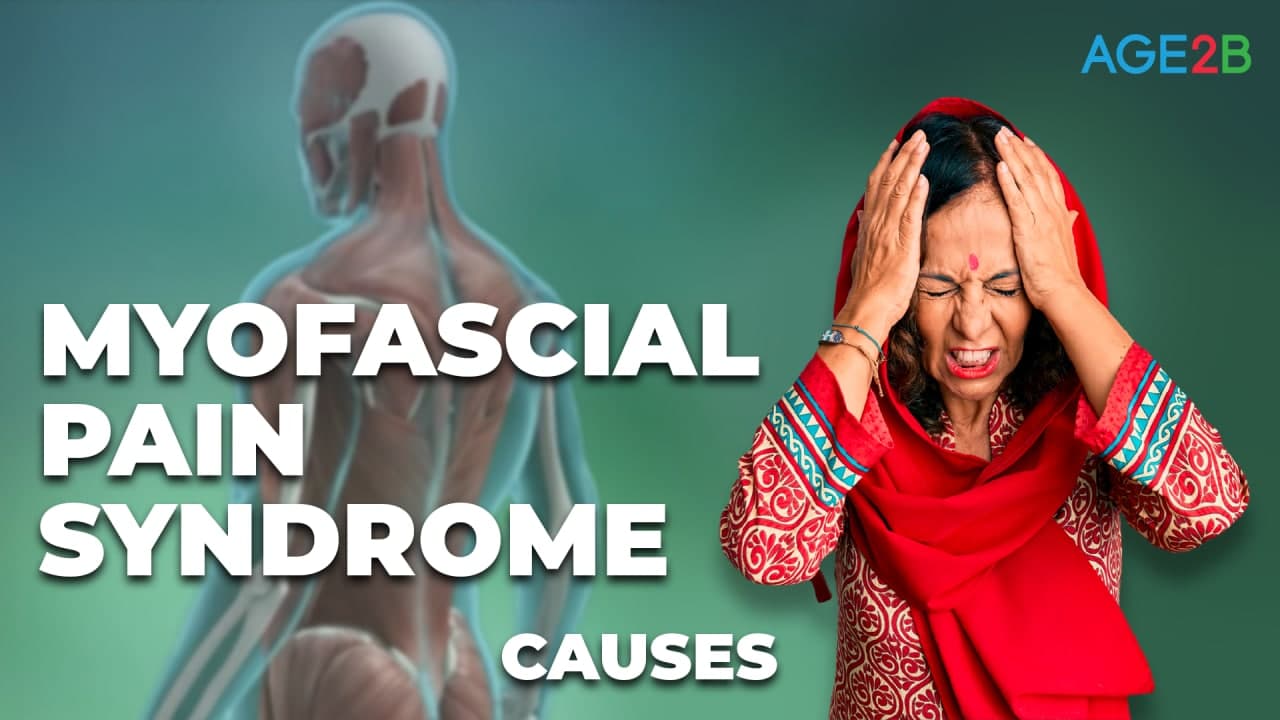

January 24, 2022











0











0
Myofascial Pain Syndrome | Causes
By AGE2B team
Trigger points are caused by muscle injury. Muscles can be injured suddenly in accidents, or damage can occur slowly, due to repeated movements or poor posture. A muscle is composed of tiny fibers, which contract and relax in response to messages from the brain. When muscle fibers become injured or over stimulated, they cannot relax […]
Read more
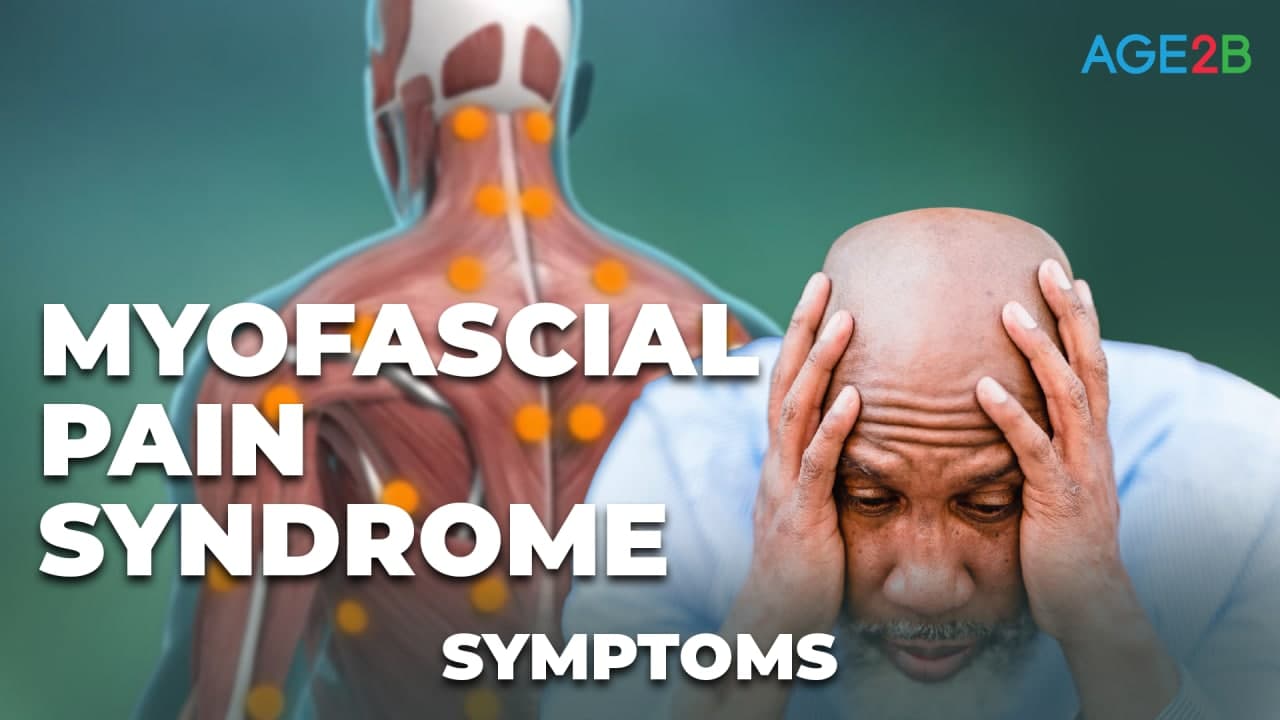

January 24, 2022











0











0
Myofascial Pain Syndrome | Symptoms
By AGE2B team
Myofascial pain syndrome is characterized by on-going muscle pain and tenderness. It can affect various muscles and fasciae of the body. Trigger points develop in myofascial pain syndrome, which are small areas of tight, painful muscle tissue. Their size varies from a peanut to a pea. Sometimes trigger points can be felt under the skin. […]
Read more
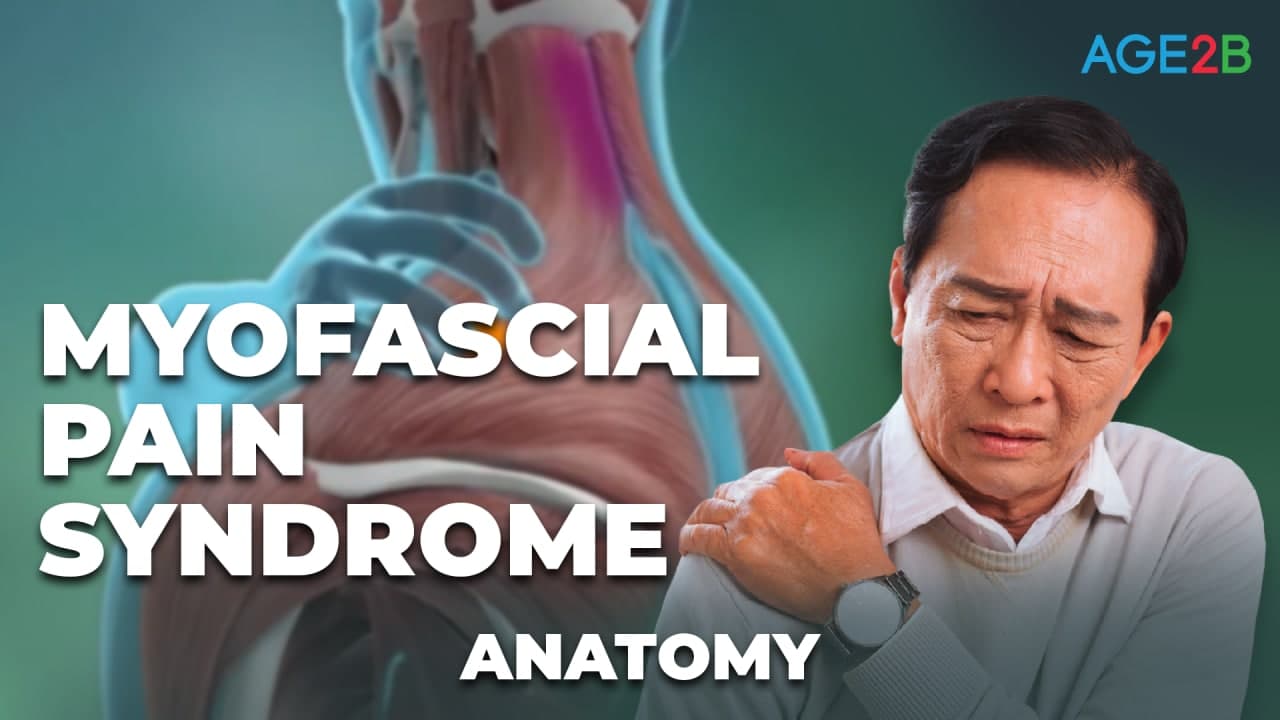

January 24, 2022











0











0
Myofascial Pain Syndrome | Anatomy
By AGE2B team
Myofascial pain syndrome is characterized by on-going muscle pain and tenderness. It can affect various muscles and fasciae of the body. Trigger points develop in myofascial pain syndrome, which are small areas of tight, painful muscle tissue. Their size varies from a peanut to a pea. Sometimes trigger points can be felt under the skin. […]
Read more
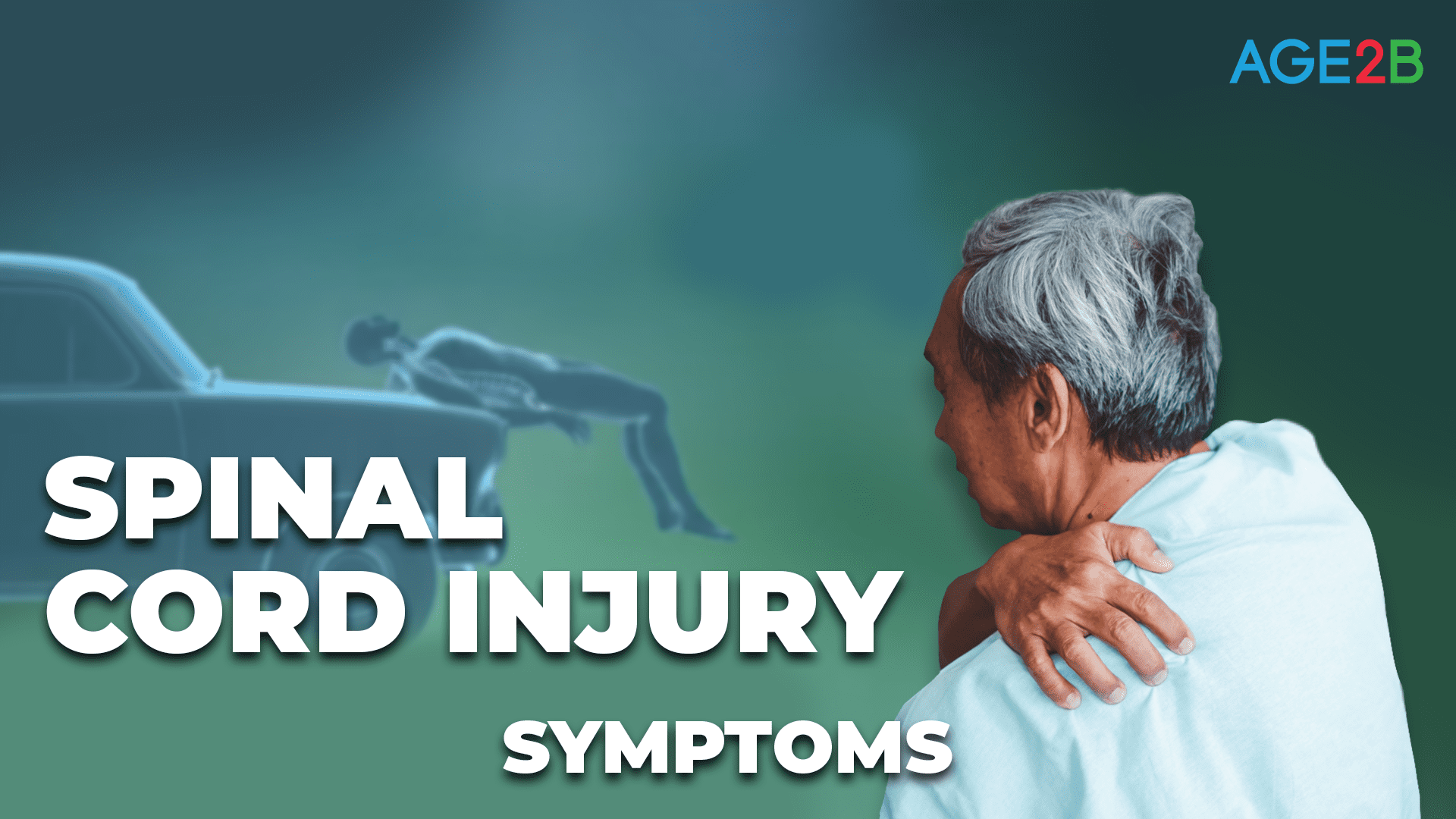

January 24, 2022











0











0
Spinal Cord Injuries | Symptoms
By AGE2B team
The main symptom of spinal cord injury due to trauma is pain. In most cases, the onset of pain is immediate. Rarely, pain develops later. Pain caused by spinal cord injury can occur anywhere in the spine, but spinal cord injuries are most common in the cervical and lumbar regions. If spinal cord injury causes […]
Read more
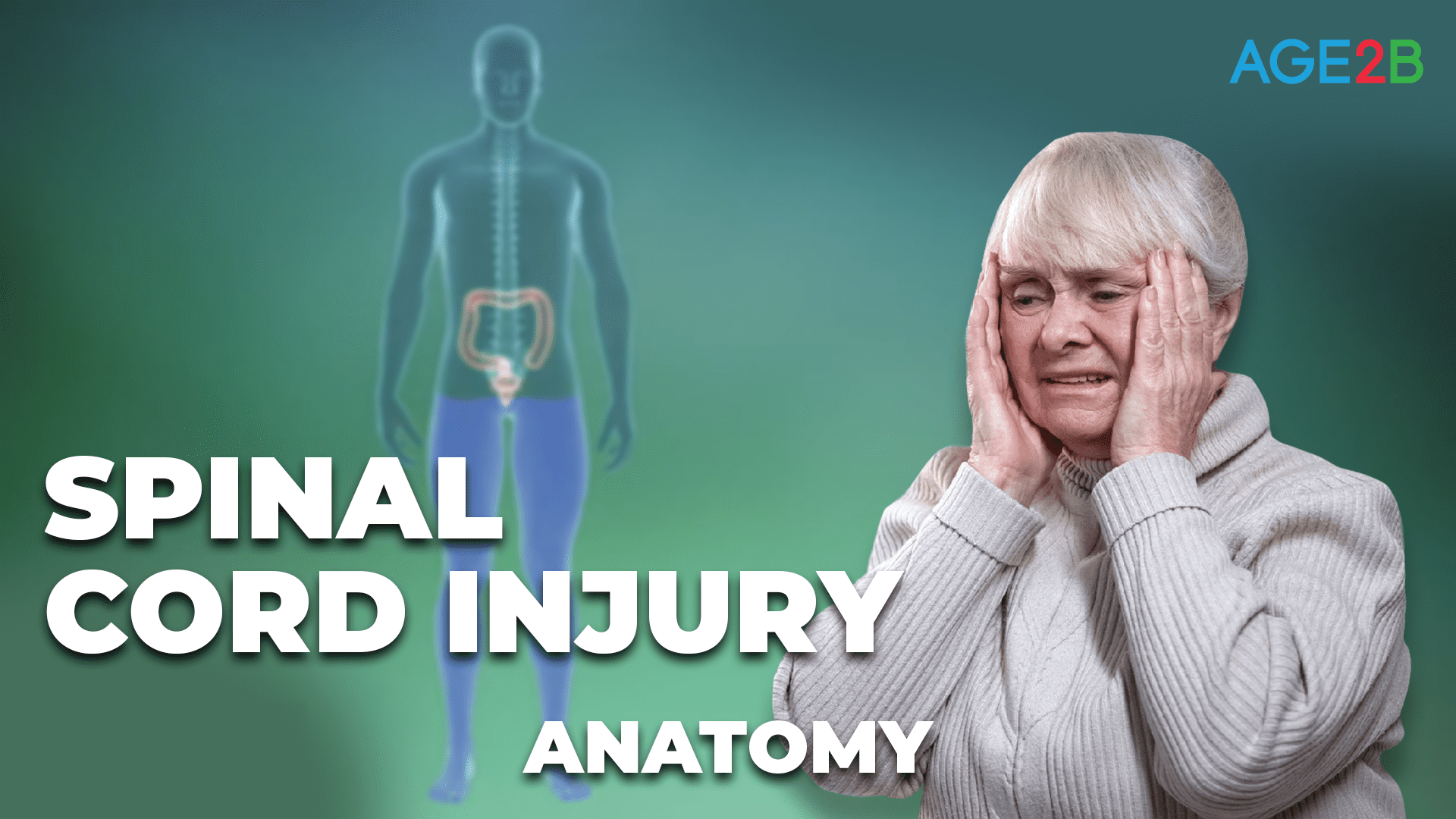

January 24, 2022











0











0
Spinal Cord Injury | Anatomy
By AGE2B team
Spinal cord injuries involve damage to the nerves within the spinal canal, interfering with communication between the brain and the rest of the body. A vertical tunnel called the spinal canal is located behind the vertebral bodies. The spinal canal contains the spinal cord and protects it from injuries. The spinal cord is a tubular […]
Read more










